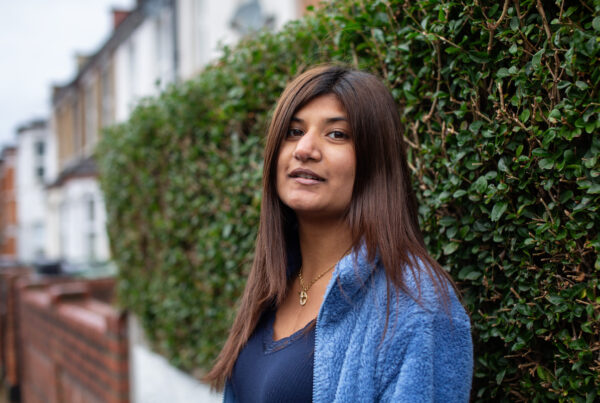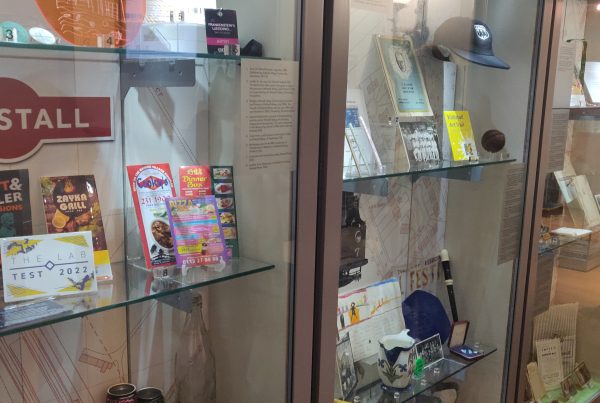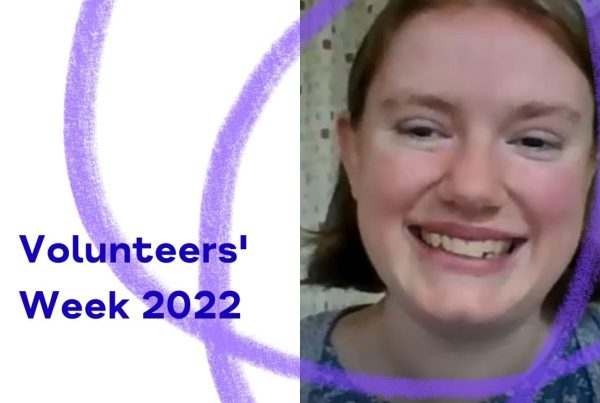Trigger warning: discussions of racism and discrimination in mental health services
The murder of George Floyd in May 2020 opened up a long-overdue conversation about how racism pervades many of our society’s institutions, from police forces and education establishments right up to governments.
This structural racism is something that Black people and people of colour have known about for a long time, but it is something that many white people are only just coming to realise as the discussion on race and racism has become more mainstream.
Since racism pervades our society, our mental health institutions are no exception. This discrimination still has ramifications for treatment and outcomes today, so we thought it was important to shine a light on it as part of #BlackHistoryMonth.
A brief history of the racialisation of mental health
Mind’s Head of Equality Improvement, Marcel Vige, published an article last year on race as part of the history of mental health, where we can get an overview of how race has always factored into discussions about mental health.
Vige explores how mental health as a condition has its origins in the work of German psychiatrist Emile Kraepelin, who was also a strong believer in “racial hygiene” (the forerunner to eugenics). Also detailed is the pseudoscience of some mental disorders that arose out of society’s racist norms, for example, drapetomania was a form of “madness” which was said to cause slaves to flee captivity.
More contemporary scientific racism is also addressed in the article, such as the ideas that Black people are genetically pre-disposed to schizophrenia, or that they’re more likely to come from ‘problem families’ that might pre-dispose them to mental illness. The legacy of this history is the structural racism that pervades the mental health system to this day, so Marcel’s article is well worth a read.
Ramifications today
In mental health there is still a huge disparity in how black people are listened to and supported at every level, an issue which has its roots in the history of the racialisation of mental health outlined above.
Today, while government statistics show that Black people, in extremely broad brush terms, have worse experience of mental health than white people, white populations are more than twice as likely to be receiving help for mental health problems. Black people are also four times more likely to be detained, and more likely to be restrained and isolated, under the outdated Mental Health Act. Existing inequalities are said to have been exacerbated by the coronavirus pandemic.
The reasons behind all this are complex and varied, but include unconscious racist biases and unaddressed structural racism. Mind is campaigning to influence changes to the Mental Health Act, with a focus on addressing the “massively disproportionate use” of the Act within the Black population. Both Mind and Leeds Mind have equality and inclusion at the heart of our strategies, with the aim of working towards ‘better mental health for all.’
While progress is being made, Black History Month is a good opportunity for us all to reflect and consider how racial inequality in the mental health system is deeply rooted. At Leeds Mind, we acknowledge how far we still have to go as an organisation, and are doing more to redress the balance, to ensure our work is designed for everyone and anyone in the Leeds community that needs it.
Making space
Despite racism having always played a part in our mental health systems in the UK – and continuing to be a factor today – we all have the power to influence change. An important part of making that change is representation; having Black people at the table and having their voices heard.
During Black History Month, we’re partnering with Touchstone – a community organisation that works towards better health and wellbeing in our local area – to create space for our Black staff to share their experiences and contributions. We also always welcome Black service users, volunteers and other members of our community to get involved and share their story.
Want to share your story? Contact us.



